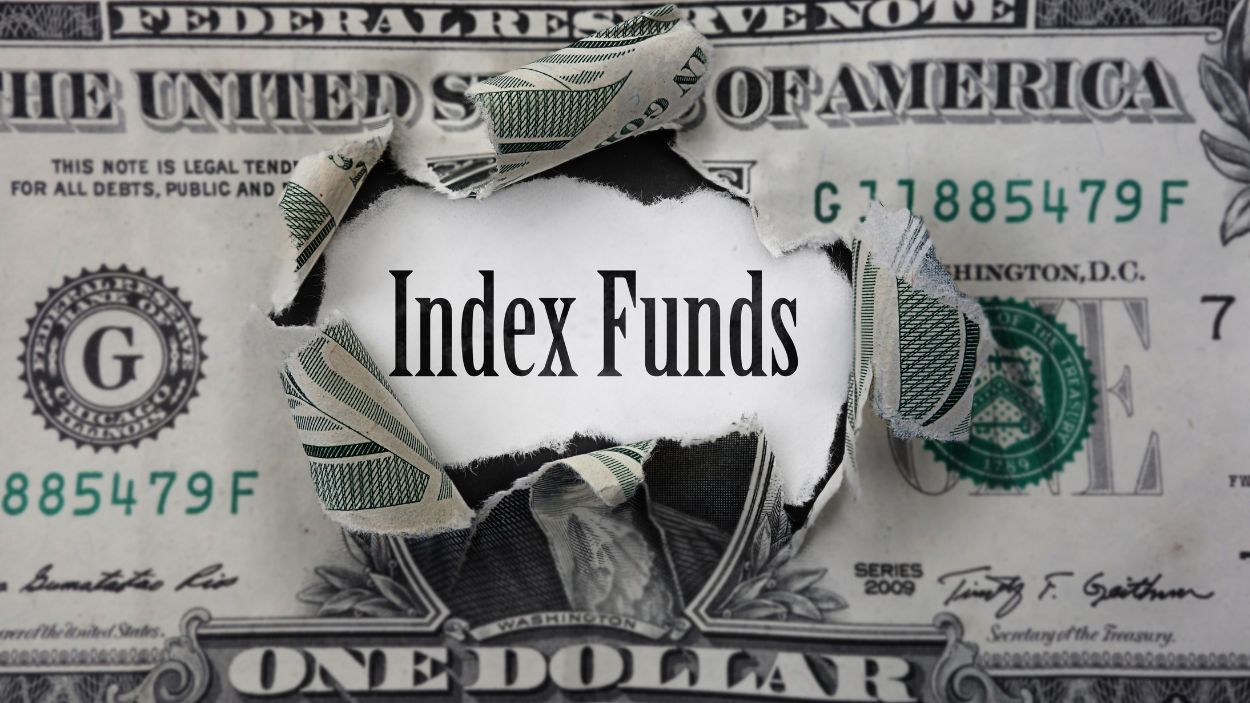An index fund is an investment that follows a market index, which is usually made up of stocks or bonds. Index funds usually invest in all the companies of the index they follow, and it is the job of the fund managers to make sure that the index fund does the same as the index.
Picking An Index Fund
Index funds let you buy huge number of different stocks. The S&P 500 Index, which includes 500 of the best companies on the U.S. stock market, is the most popular index. Here is a short list of some other top indexes, broken down by what part of the market they cover:
Large index funds: The S&P 500, the Dow Jones Industrial Average, and the Nasdaq Composite
Small index funds: Russell 2000, S&P SmallCap 600
In addition to these broad indexes, you can find sector indexes that are tied to specific industries, country indexes that focus on stocks in a single country, style indexes that focus on fast-growing companies or low-priced stocks, and other indexes that limit their investments based on their own filtering systems.
Make sure you choose the right index fund.
Once you choose an index, you can usually find at least one index fund that follows it. For popular indexes like the S&P 500, you might have a dozen or more options that all track the same index.
If you can choose from more than one index fund for the index you want, you should ask yourself a few simple questions.
- First, which index fund follows the performance of the index the most closely?
- Second, what is the least expensive index fund?
- Third, does an index fund have any limits or restrictions that make it impossible for you to invest in it?
- And lastly, does the fund provider offer other index funds that you would also like to use?
If you answer these questions, it should be easier for you to choose the best index fund for you.
Buy shares in an index fund
You can open a brokerage account that lets you buy and sell shares of the index fund you’re interested in. You can also usually open an account directly with the company that runs the fund if you want to.
Again, costs and features can help you decide which way to buy shares of your index fund is best for you. Some brokers charge extra for customers who want to buy index fund shares, so it’s cheaper to open a fund account directly with the index fund company. Still, many investors like to keep all of their investments in one brokerage account. If you plan to invest in several different index funds from different fund managers, a brokerage account may be the best way to keep track of all your investments in one place.
Why should you buy index funds?
Index funds are one of the easiest and most effective ways for investors to build wealth.
Index funds are very useful for investors for many reasons:
- Spend as little time as possible looking into individual stocks. Instead, you can trust the fund’s portfolio manager to invest in an index that already includes the stocks you want to buy.
- Most indexes have dozens or even hundreds of stocks and other investments. This makes it less likely that you will lose a lot of money if something bad happens to just one or two of the companies in the index.
- Index funds can be used to invest in a wide range of things. You can buy stock index funds and bond index funds, which cover the two biggest parts of most people’s investment strategies. But you can also buy index funds that focus on a smaller part of the financial markets.
- It’s a lot less expensive. Most of the time, index funds are much cheaper than other options like actively managed funds. This is because a manager of an index fund only needs to buy the stocks or other investments in an index. You don’t have to pay them to try to pick their own stocks.
- You’ll pay less in taxes. Compared to many other investments, index funds have very low tax costs. Index funds, on the other hand, don’t have to buy and sell their holdings as often as actively managed funds. This means that index funds don’t make capital gains, which can add to your tax bill.
- It’s much easier to stick to your plan for investing. When you use index funds, you can invest automatically every month and don’t have to worry about short-term ups and downs. Instead, you can focus on the market’s long-term growth.
Why not put your money into index funds?
Index funds are easy and simple, but not everyone should use them. Some of the things that are bad about investing in index funds are:
- You can’t outdo the market. Index funds are only meant to match the performance of the market. If you want to show that you are a better investor, you won’t be able to do that with an index fund.
- You have no way to cover a loss. Index funds follow their markets through good times and bad, so if the market falls, so will your index fund.
- You won’t always have good stocks. Depending on the index you choose, you might end up with some stocks you’d rather not have and miss out on others you’d rather have.
- You can make up for some of these problems by having a mix of index funds and other investments. This will give you more freedom. But if you’re only going to use index funds, you’ll have to get used to their limitations.
Also Read


